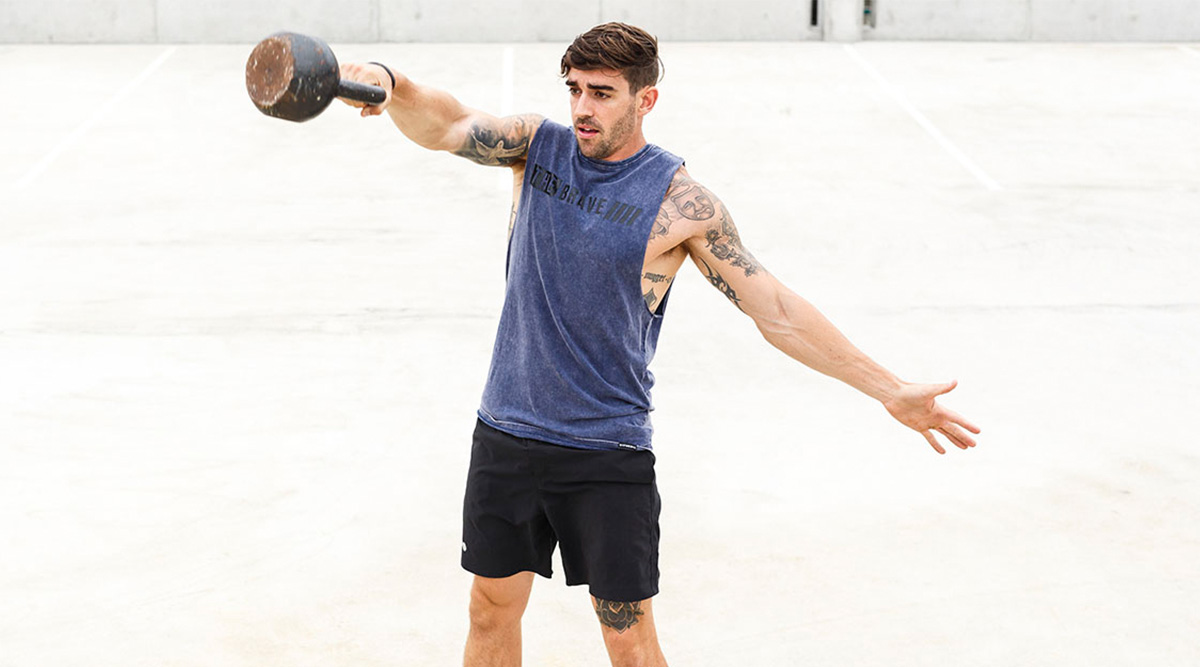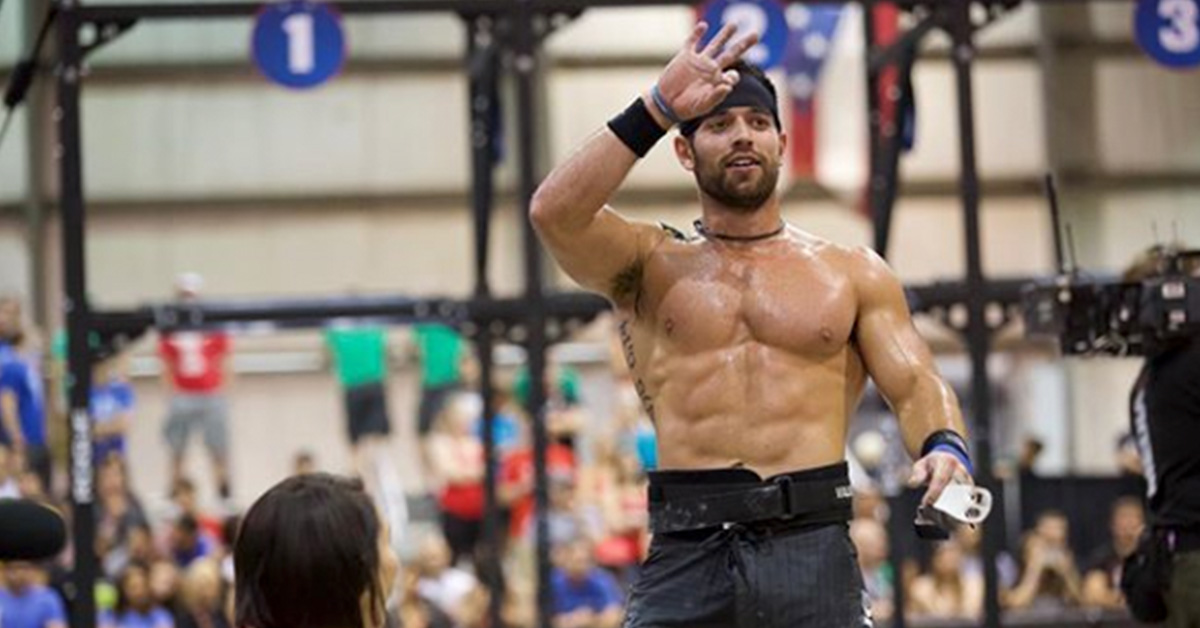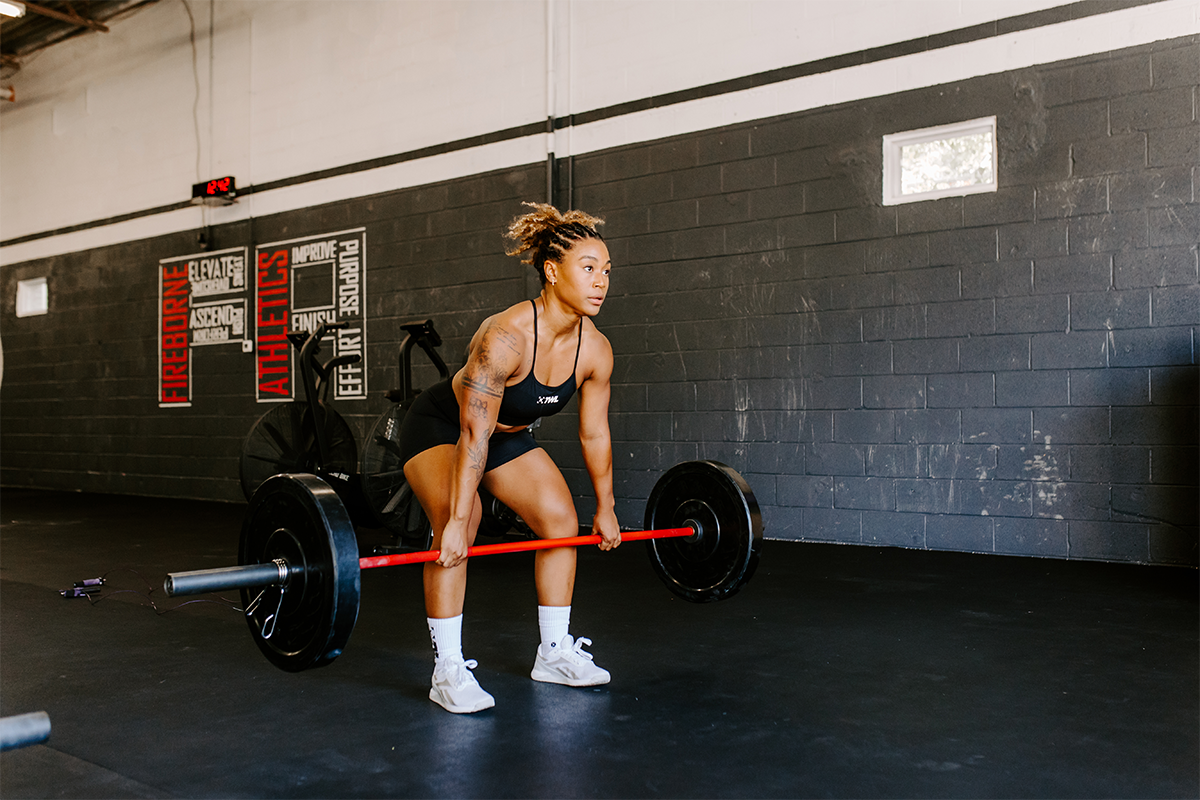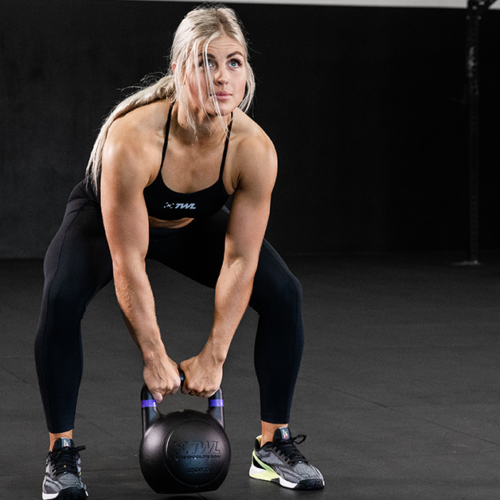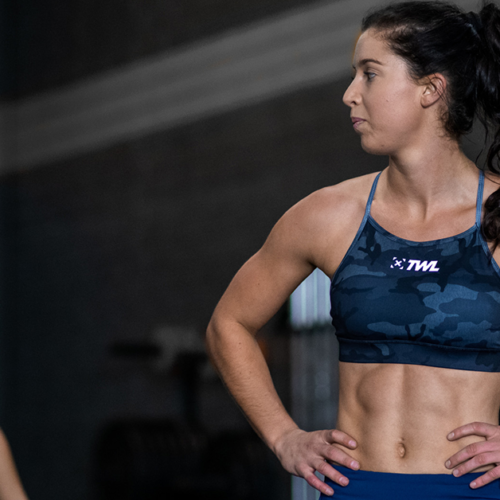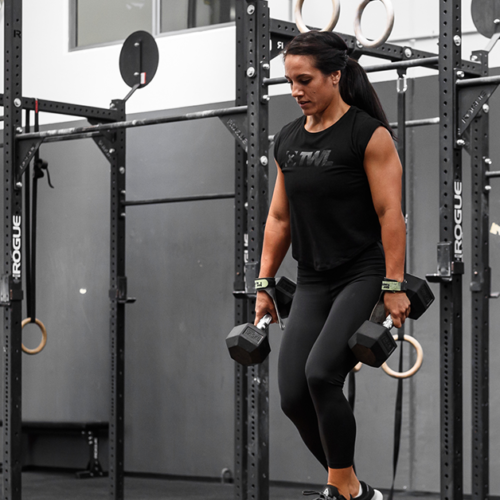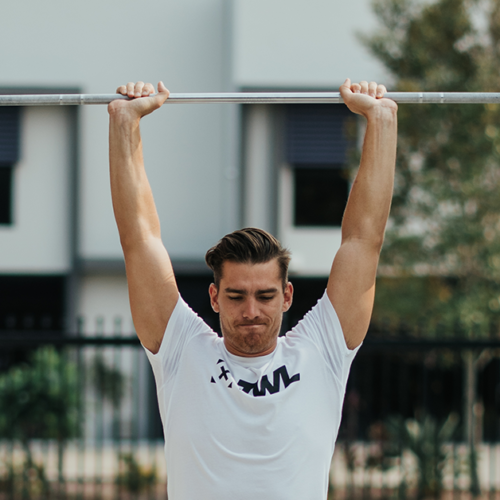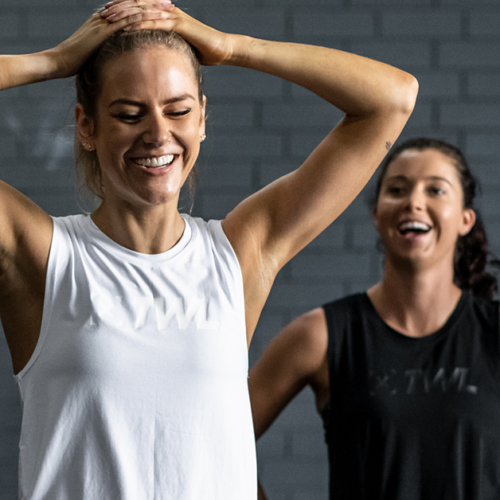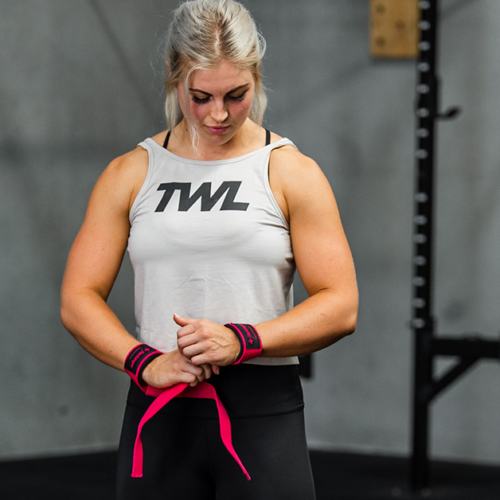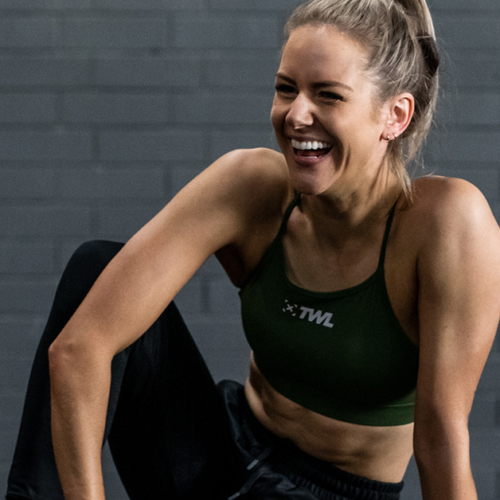Cheating comes in many different flavors, especially when you are talking about functional fitness. There are, of course, your “run-of-the-mill skip a few reps here” and “add an extra round there” types of cheaters, but we are not really focusing on them now. Today, we are talking about a worse type of cheating — cheating yourself. Following are the five ways you are “cheating” in your WODs.
But before we get into those, just to address the actual cheaters of the world, stop it. You are not slick. We all know. Trust me, we all know. The coaches know, the members know, everyone knows. Stop it.
5 Ways You Are “Cheating” in Your WODs
1. Sacrificing Technique for Reps or a Faster Time
Boy, if I had a nickel…
This is by far the most common form of “cheating” I see on a day-to-day basis at the gym, and what is the point? I touched on this briefly before, but who are you really cheating here? Only yourself. I get it — functional fitness is designed to be competitive. The whiteboard, the intensity, the overly aggressive “punch your mother in the mouth” type of t-shirts… It is way too easy to get wrapped up in it all and start to ignore the little things in favor of a better score.
The issue is it always comes back to bite you in the ass, whether it is in the form of an injury — hopefully, it does not get to that point — or in the form of a slew of no-reps during competition.
The Open is our annual reminder of this. I think a lot of athletes were forced to eat their fair share of humble pie with the new handstand push-up (HSPU) standard introduced this year. In general, HSPUs are one of the easiest movements to “cheat.” Spread your hands out a little bit wider and voila — that lockout just got a whole lot easier. Set a brutal standard, like the Open did this year, and you paid the price.
We all fall into these trappings. It is on the athlete to recognize their shortcomings, realize at the end of the day it is just a workout, take a step back, and correct their deficiencies. It will only make you a better athlete in the long run.
2. Obsessing Over Weights or the Number of Reps
The worst thing you can do after a great workout, a workout that you mentally and physically felt like you gave your all, is to be proud of your effort only to look at the whiteboard and have that feeling get washed away.
I cannot tell you how many times per day I see this exact story unfold. Athletes, who for all intents and purposes did their best, feel defeated because they did not reach some arbitrary rep count or their friend(s) bested them by a couple of reps.
All you are doing is robbing yourself of that sense of accomplishment. The fact of the matter is you should feel accomplished no matter what. Just by getting off your couch, you are light years ahead of a vast majority of the population. Working out should be fun. It should be the best hour of your day. If your friend beats you by a few reps or you missed finishing that round by two reps, so be it. You will get it next time.
3. Rxing When You Should Be Scaling
The ego monster gets the better of us all from time to time. I know I have been a victim. Sure, there are always exceptions to the rule, but if you are Rxing a workout you know damn well should not be, more often than not, the ego monster got a hold of you.
The issue here is that workouts are usually designed with intent — they are designed to elicit a specific stimulus from the athlete. Miss the stimulus, miss the benefits of the programming. Take Fran for example. It is a completely different workout for an athlete who finishes in two minutes compared to someone who finishes in 20 minutes.
Oftentimes, by biting off more than you can chew, whether in the form of going too heavy or choosing too difficult of a gymnastic movement, you can miss the intention of the entire workout.
4. Not Properly Warming Up/Fueling Before Working Out
The whole, “It’s just one hour a day,” is a lie. The truth is that to get the most out of your workout, proper fueling and a damn good warm-up are required to perform your best, and both take some time.
It’s not just about working through the ranges of motions. You will see later on in the workout that a good warm-up should, quite literally, warm your body up. Break a sweat, dammit! There is a reason why when Lebron James steps on the court, it looks like he just got out of the shower.
A proper warm-up also helps prime your aerobic system. You ever have a less than ideal warm-up, get through two of five rounds, and finally feel like you can breathe? That is a clear indication you were not warm, and in a sport like functional fitness, that is a killer.
As for fueling, that comes down to the individual, and it may take some time to really iron out what works best for you. If you are light-headed, dizzy, or generally lethargic, this could be a sign your nutrition is not as dialed in as it should be. Some people can eat meals before working out, whereas other people will end up in the bathroom halfway through class if they do the same. Experiment, fail, and try again until you figure out what works best for you.
5. Not Giving 100%
This one is a bit tricky because I am not saying you should go to the gym every day with the intention of burying yourself. In fact, I think the opposite should be true. Recovery WODs, lower-intensity skill-specific sessions, long aerobic bouts, etc. — they are all important, but if it is time to dial up the intensity, you have to be willing to bring it.
That is the only way to get better — to embrace the suck. We grow as athletes, as people, when we push beyond the limits of where we feel comfortable. I honestly believe that is what separates a lot of the bubble athletes from the truly great ones — their ability and their general comfort level with pushing beyond their limits.

